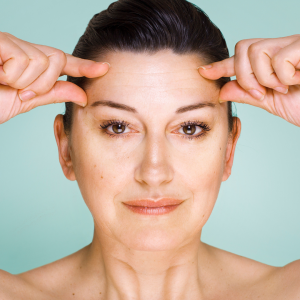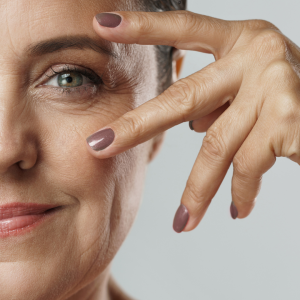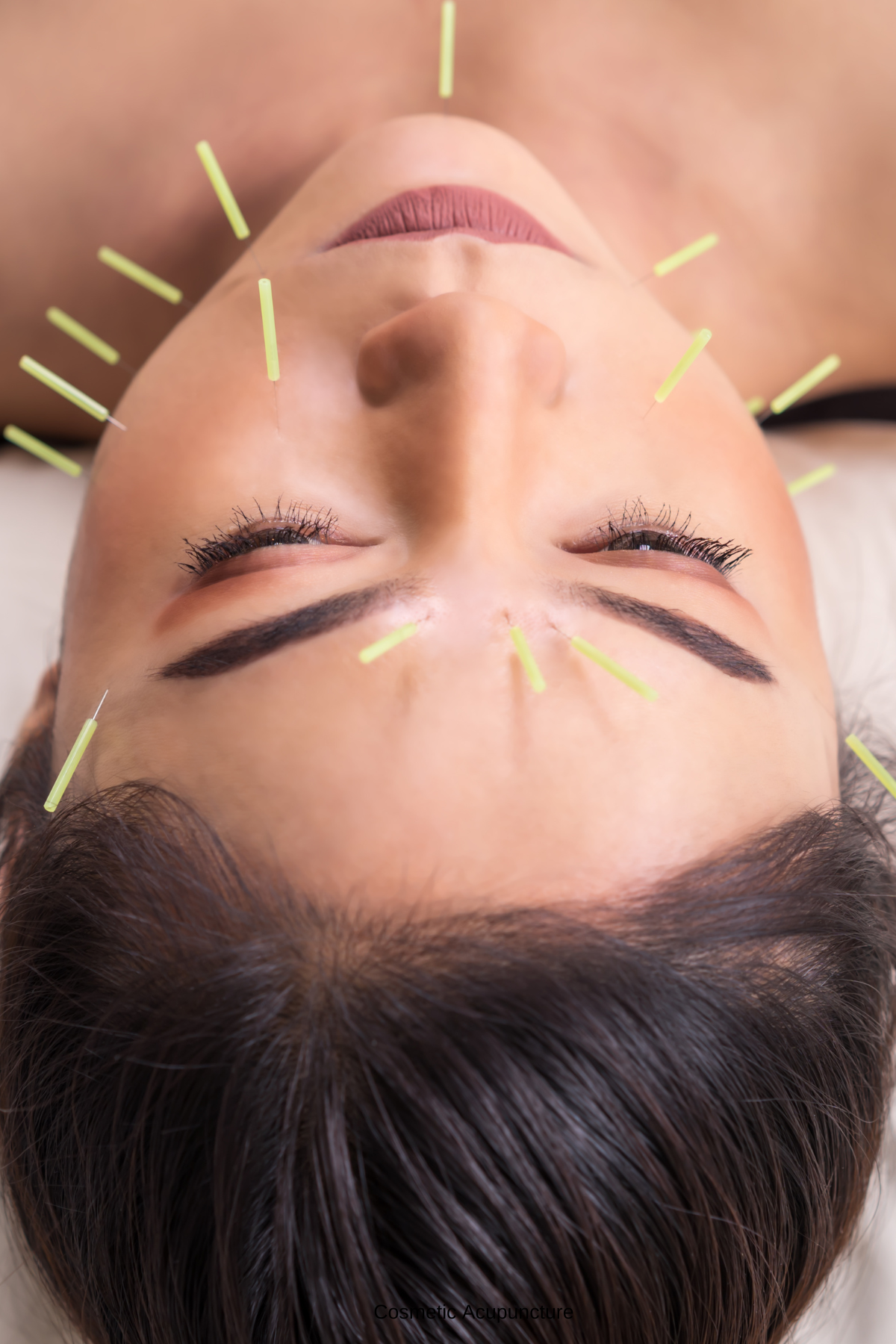Cosmetic acupuncture (also known as Facial Rejuvenation) is a Traditional Chinese Medicine (TCM) technique that is becoming increasingly popular in modern skincare regimens due to its holistic and natural approach to enhancing skin health. This non-invasive treatment involves the insertion of fine needles into specific points on the face and body to stimulate blood flow and collagen production.
By supporting these areas, cosmetic acupuncture promotes the natural healing processes of the skin, helping to reduce the appearance of wrinkles, fine lines, and other signs of aging. Plus, it can improve skin texture and tone, leading to a more radiant and youthful complexion without the need for harsh chemicals or invasive procedures.
The cosmetic acupuncture techniques balances the body’s energy, which can alleviate stress and promote overall well-being, further benefiting skin health.
1. It boosts collagen production, essential for maintaining skin elasticity and firmness.
2. It enhances blood circulation, ensuring that the skin receives an adequate supply of oxygen and nutrients, which helps in detoxification and rejuvenation.
3. Cosmetic acupuncture can help reduce inflammation and puffiness, leading to a clearer complexion.
4. It can address underlying health issues that may manifest as skin problems, offering a more comprehensive approach to skincare.
5. The relaxation and stress-relief aspects of acupuncture contribute to overall skin health by reducing the impact of stress-related skin conditions, such as acne and eczema.
What is the TCM facial meaning behind the fine lines and wrinkles?
In TCM, facial lines and wrinkles are not merely signs of aging but are considered valuable indicators of a person’s overall health and well-being. Each line or wrinkle corresponds to specific internal organ systems and emotional states. Here’s a breakdown of what various facial lines and wrinkles mean in the context of TCM acupuncture:

1. Forehead Lines:
– Horizontal Lines: These lines are often associated with excessive worrying and an overactive mind. In TCM, they are linked to the spleen and stomach meridians. Chronic stress and digestive issues can manifest as horizontal lines on the forehead.
– Vertical Line(s) between Eyebrows: Often called “frown lines” or “glabellar lines,” these indicate liver and gallbladder imbalances. Persistent anger, frustration, and stress can lead to the formation of these lines.
2. Crow’s Feet (Lines at the Outer Corners of the Eyes):
– These lines are connected to the liver and kidneys. They can indicate long-term emotional stress, particularly related to anger and frustration. They can also suggest a depletion of kidney energy, often related to aging or excessive stress.
3. Lines Under the Eyes:
– Dark circles and lines under the eyes are linked to the kidneys and adrenal glands. They can signal fatigue, stress, and kidney deficiency, often exacerbated by lack of sleep and chronic stress.
4. Nasolabial Folds (Lines from the Nose to the Corners of the Mouth):
– These lines are associated with the large intestine and stomach meridians. Prominent nasolabial folds can indicate digestive issues, such as poor assimilation of nutrients, and reflect chronic digestive stress or constipation.


5. Lines Around the Mouth:
– Smile Lines (Laugh Lines): While some lines around the mouth are natural from smiling, deep or excessive lines can indicate imbalances in the stomach and spleen, often linked to worry and overthinking.
– Marionette Lines (Lines Running Down from the Corners of the Mouth): These lines are related to the stomach and large intestine. They can reflect chronic digestive issues and a tendency to hold in negative emotions.
6. Sagging and Loose Skin:
– General sagging and loss of elasticity in the skin can indicate a deficiency in the spleen and kidney energies. This is often related to aging and the body’s reduced ability to maintain firmness and resilience.
7. Cheek Lines:
– Lines on the cheeks can be linked to lung health. According to TCM, the cheeks are connected to the lungs, and issues such as chronic respiratory problems or sadness can manifest as lines in this area.
By understanding the deeper meanings behind facial lines and wrinkles, TCM provides a comprehensive approach to both beauty and health. It’s more than just skin deep.
Written by Dr. Julia Dankowski





